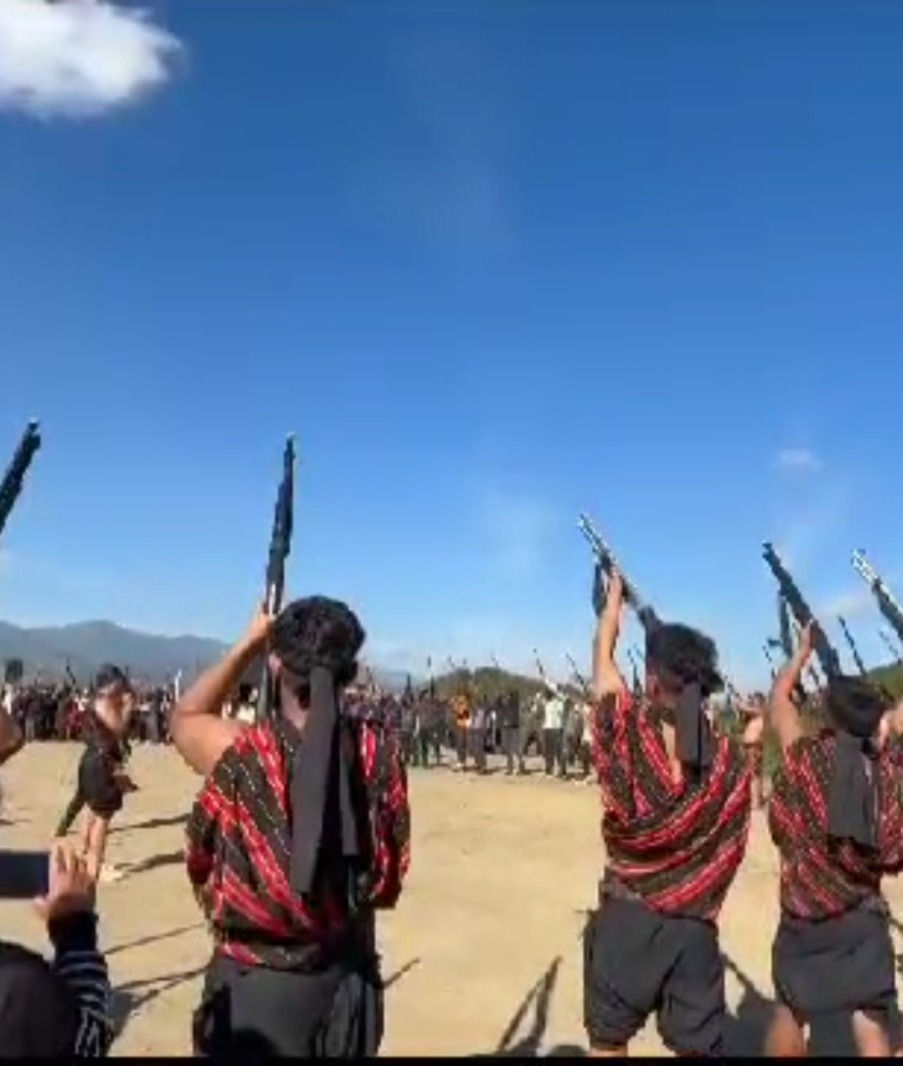
(December 20, 2023) After an agreement with government authorities, the ITLF (Indigenous Tribal Leaders' Forum) has taken the bodies of Kuki-Zo killed in the 8 month long conflict from morgues including those from Imphal and Lamka hospitals. It includes the remains of Joel Jamkhogin Baite, 42, who was killed in early part of the conflict. He is a member of the Bnei Menashe Beit Shalom community, Lamka. The chairman of the BMC-I, Mr WL Hangshing had sent a letter (a copy is attached below) to the ITLF thanking them for the honor bestowed on the departed and ensuring a dignified burial for all, including Baite.
According to reports, 61 bodies lying in various hospital mortuary all over Manipur of the Kuki-Zo community have been flown home to be given a fitting and dignified burial as had been ordered by the Indian Supreme Court. Baite was one of the fatalities in the violence that had broken out in Manipur since the 3rd of May this year. The dead were given gun salute and full honors as per tribal customs.








